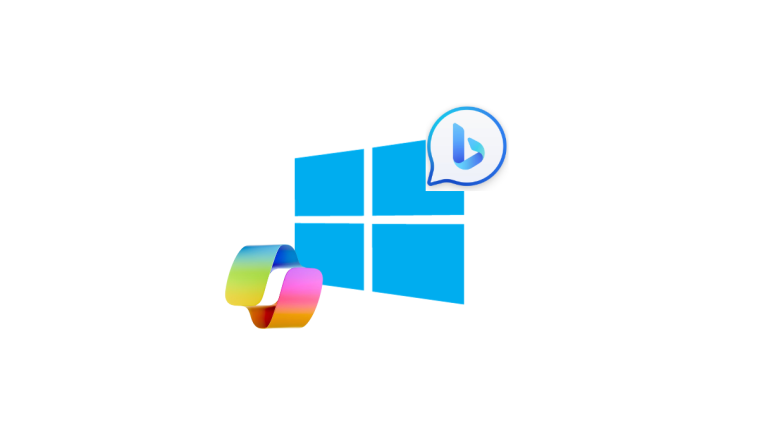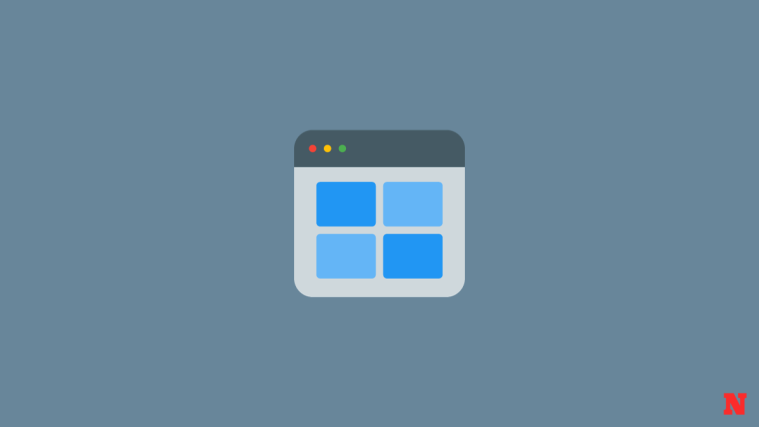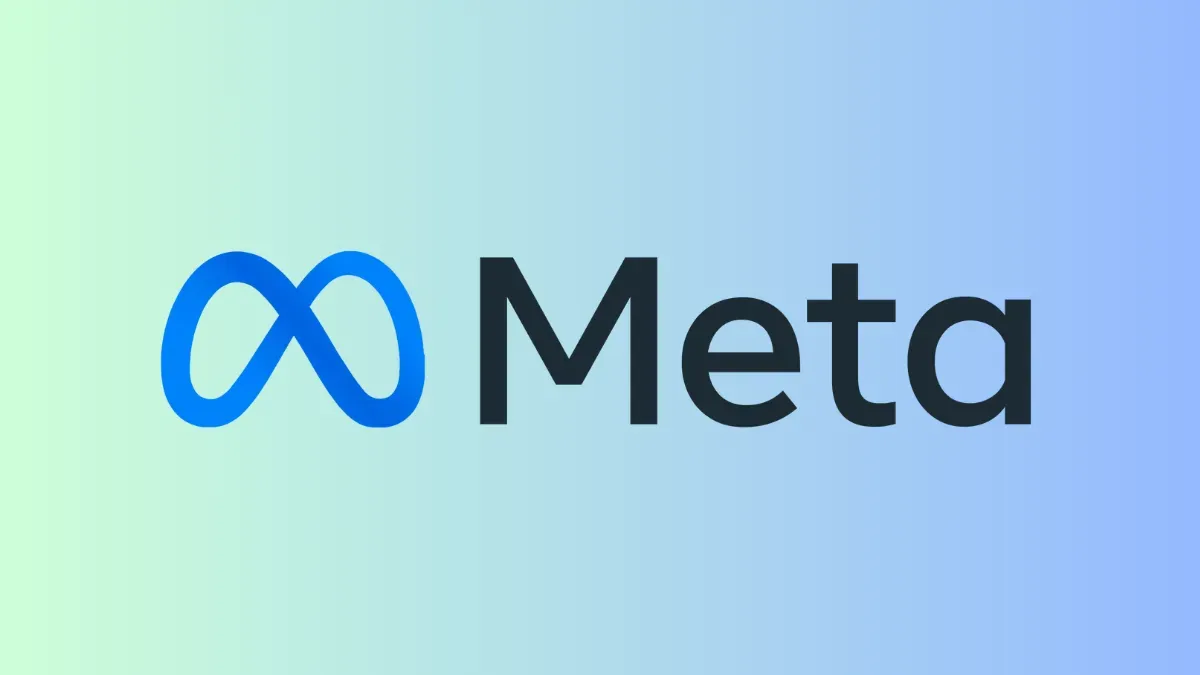Seems almost every other week there’s some news about Microsoft shoehorning Copilot in Windows in new and novel ways. But because Microsoft releases such information in a drip fashion, its iterative effect isn’t easily quantifiable. To give you a true sense of the weight of all these changes, let’s consider the top five ways in which Microsoft is forcing AI on Windows users.
5 ways Microsoft is forcing AI to Windows users
Ever since its big investment in OpenAI, Microsoft hasn’t shied away from divulging its plan for bringing AI to Windows. Over the months, however, Windows users have started to think if Microsoft perhaps isn’t pushing too hard on its AI bet. Do we need all this artificial intelligence on our PCs and our apps? Let’s look at the cases individually.
1. Automatically launching Copilot AI on ‘widescreen devices’
The latest news surrounding Copilot AI, at the time of writing, is that Microsoft may be testing a feature that automatically launches Copilot on startup for ‘widescreen devices’. Microsoft hasn’t clarified exactly which devices it means by ‘widescreen devices’, so it’s all a bit nebulous.
However, what one cannot argue is that Copilot is getting its separate page in the Settings menu under Personalization. Further leaks and rumors suggest that Microsoft may be working on support for different chat providers, such as Llama and Phi LLMs, though information on that front is still scant.
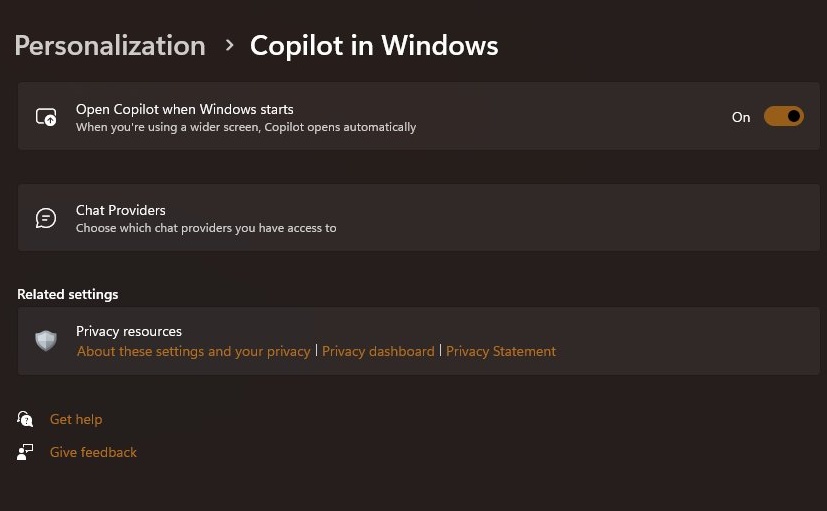
Nevertheless, one thing is for certain – Copilot is here to stay and is getting inextricably linked to Windows.
2. A dedicated Copilot key on the keyboard
The addition of a Copilot key (replacing the old context menu key) marks the first time in 30 years that a new key is being added to the keyboard. That in itself is quite the breaking news. But most Windows users may wonder – what’s the real use for it?
Perhaps we may not fully know yet, given the limited capabilities of Copilot. But even if Copilot gains the abilities that Microsoft envisions it will, is having a dedicated key for it on your keyboard, when it is already available from the taskbar and the WIn+C shortcut, all that worth it? We’ll let the question hang.
3. Copilot in Microsoft 365 apps
The integration of Copilot into Microsoft 365 was one of the earlier announcements that Microsoft made with regard to Copilot. This meant all the Microsoft 365 constituent apps, such as MS Word, Excel, PowerPoint, Outlook, Teams, OneDrive, SharePoint, and Exchange would gain the Copilot assistant. At the time, it seemed the right use for AI. But some time has passed since then. Though it is yet to be rolled out fully, and we’re yet to see it in all its glory, Copilot has already made an appearance in Microsoft 365’s Enterprise version.
Once it is fully functional, it will be a permanent part of all Microsoft 365 plans, be it for business or personal usage. And of all the plans that Microsoft has for Copilot, this is the most useful seeming, in principle at least.
4. Never-ending push for Edge browser and Bing AI
Microsoft has never relented its push for the Edge browser. But ever since AI has arrived on the scene, transforming its search engine Bing with next-gen capabilities, its push for Edge and Bing AI has redoubled. Even if your default browser is not Edge, every time you open a link from the Search box, the Copilot side panel, or any other page on Windows, the webpage opens in Edge.
Similarly, Bing AI itself is integrated into the Search box, which, though it lets users get to the AI chatbot fast, feels like an unwanted addition as well.
5. AI in native Windows apps (Paint and Notepad, so far)
Apart from Copilot and Bing AI, Microsoft is also experimenting with other novel ways of bringing AI to Windows. One of these is through Cocreator, a credit-based AI helper that will charge you every time you seek its help. It was first seen in the Windows Paint app. But according to more leaks, it appears that even the Notepad app won’t be spared the AI makeover and will receive its own AI helper, called Cowriter.
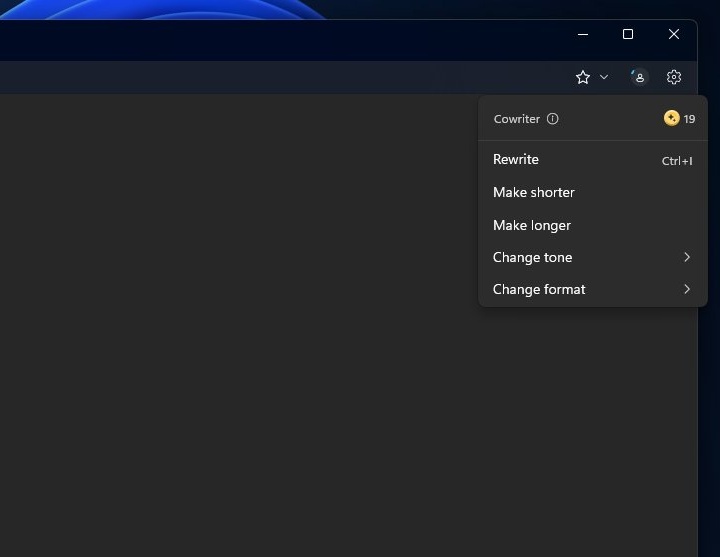
Given the rate at which these news and announcements are coming out, there’s no telling how far Microsoft will go with its AI implementation in Windows 11. Already such changes are gathering the ire of Windows users, and understandably so, for it is hard to see yet the ends that Microsoft is driving at.
But whatever they may be, forcing Copilot, Edge, Bing AI, and now Cocreator and Cowriter upon users may not be the answer. The bigger point of AI was driven home early last year, but adding AI to wherever it fancies without giving users to opt out of it may lose Microsoft a few loyal users.


